Understanding the duration of propane tank usage in a travel trailer is essential for both seasoned travelers and those venturing into the RV lifestyle. The ability to efficiently manage propane resources can significantly enhance your comfort, convenience, and overall experience on the road. This article delves into various factors influencing propane consumption, typical usage scenarios, and tips for optimizing the longevity of your propane tanks.
Factors Influencing Propane Tank Longevity
1. Tank Size and Capacity
The size of the propane tank plays a crucial role in determining how long it will last. Most travel trailers are equipped with tanks of varying capacities, typically ranging from 20 to 40 pounds. Here’s a quick overview of common tank sizes and their approximate usage durations under standard conditions:
| Tank Size (lbs) | Gal. (approx.) | Usage Duration (Propane Appliances) |
|---|---|---|
| 20 | 4.73 | 3-7 days depending on usage |
| 30 | 7.05 | 5-10 days depending on usage |
| 40 | 9.46 | 7-14 days depending on usage |
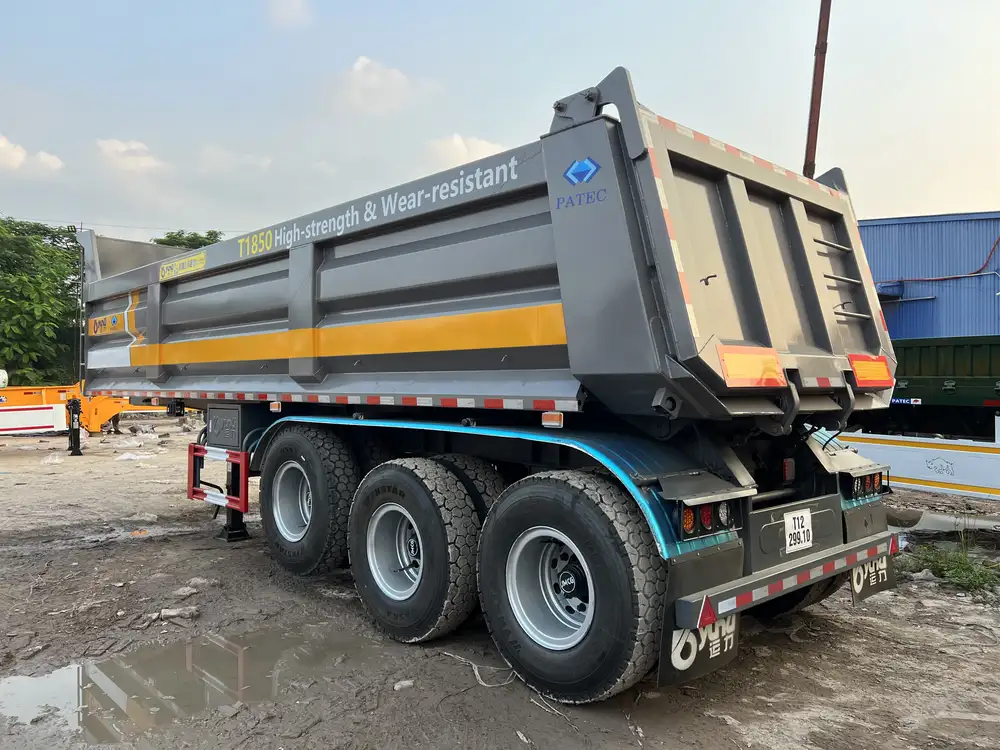
2. Type of Use
The type of activities you engage in while using the travel trailer significantly affects propane consumption. Key activities include:
- Cooking: Regular cooking can rapidly deplete propane. Average stovetop usage can consume between 0.1 to 0.5 gallons of propane per hour, depending on the efficiency of the burner.
- Heating: During colder months, heating your trailer can consume a substantial amount of propane. A standard RV furnace burns through approximately 1 gallon of propane every 2-3 hours.
- Water Heating: Water heaters also significantly impact propane usage. On average, an RV water heater can consume about 0.5 gallons per hour.
- Refrigeration: If you are using the propane-powered refrigerator instead of battery or electric options, be prepared for additional usage. These refrigerators typically consume around 1 pound (0.24 gallons) of propane per day.
3. Frequency of Use
How often you use your travel trailer plays a pivotal role in determining propane tank duration. Casual weekend outings will naturally exhaust the propane supply at a slower rate compared to extended journeys.
4. Ambient Temperature
Temperature can dramatically influence how much propane is used. For instance, during colder temperatures, your furnace may run continuously, leading to heightened propane consumption. Conversely, in warmer weather, you might rely less on heating.
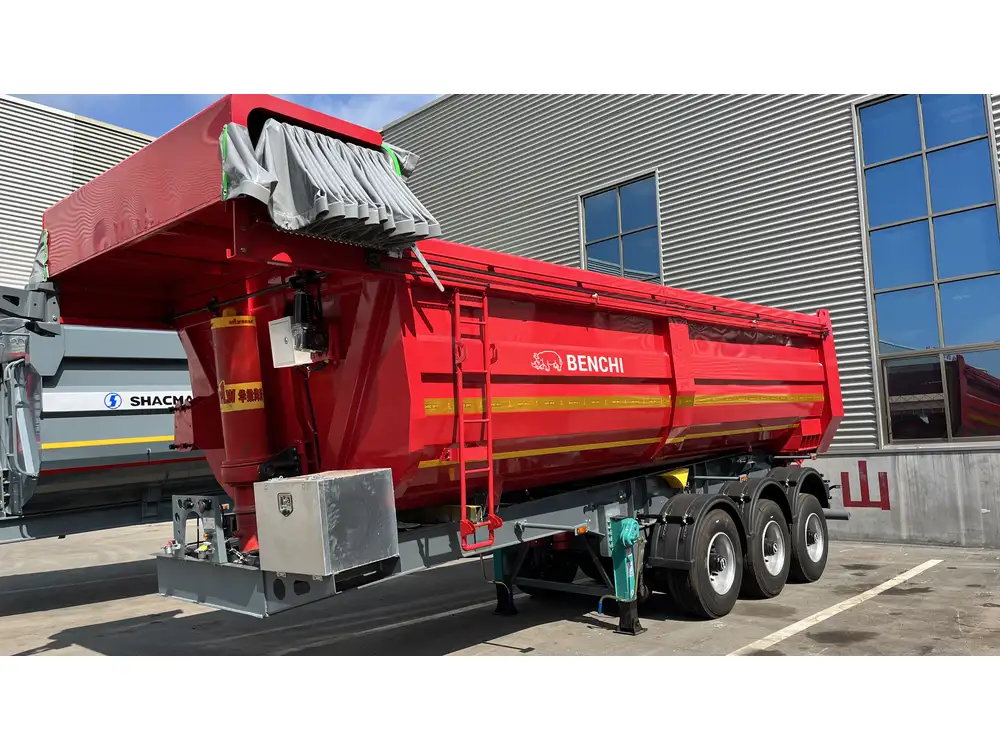
Estimating Propane Usage: Appliance Breakdown
An in-depth understanding of each propane-powered appliance’s consumption can help you devise a better management plan. Below is an average breakdown of propane usage per day for commonly used RV appliances:
| Appliance Type | Average Consumption |
|---|---|
| RV Furnace | 0.5 – 1 gallon/hour |
| RV Water Heater | 0.2 – 0.5 gallons/hour |
| Stove/Cooking | 0.1 – 0.5 gallons/hour |
| Refrigerator | 1 pound/day (0.24 gallons) |
| Outdoor Grill | 0.5 – 1 gallon/hour |
Using this breakdown, you can analyze your specific usage patterns and adjust your practices accordingly.
Best Practices to Extend Propane Tank Lifespan
1. Efficient Heating Strategies
- Insulate Well: Utilizing insulated curtains and sealing drafts can reduce the need for excess heating during colder months.
- Use Portable Heating Sources: Instead of relying solely on your RV furnace, consider supplemental heating options like electric blankets or portable heaters (when plugged into a power source).
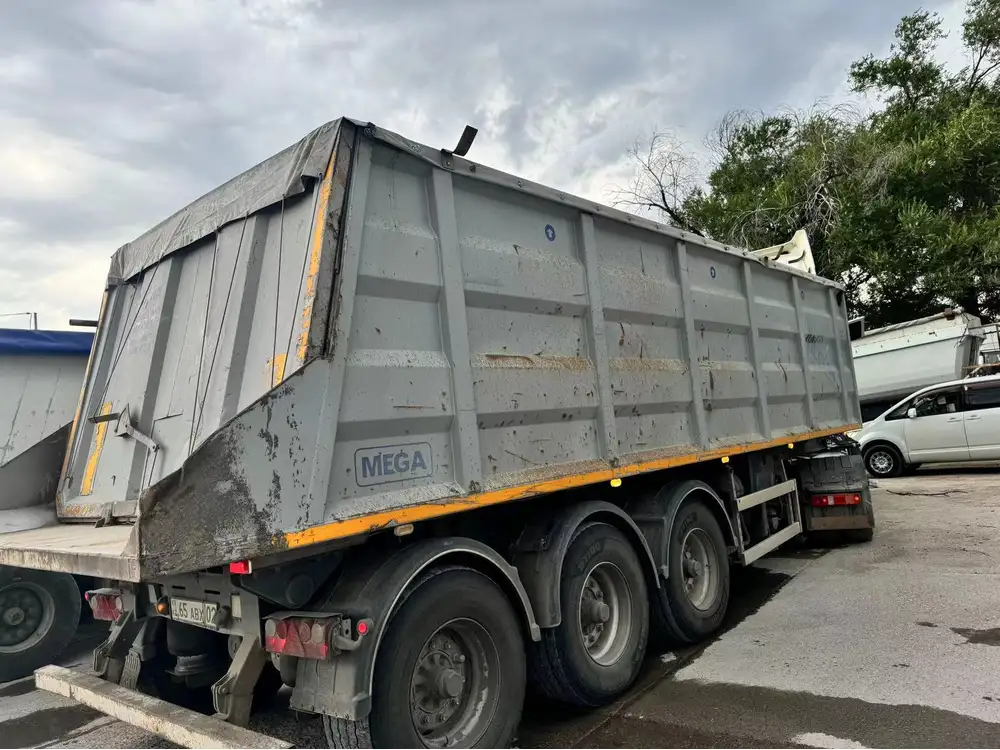
2. Cooking Wisely
- Plan Meals: Batch cooking can eliminate the need for constant stove usage. When you do cook, use lids on pots to minimize energy needs.
- Use Electric Alternatives: Rely on electric cookers or microwaves when feasible, especially when plugged into a shore power source.
3. Propane Management Tips
- Regular Monitoring: Always keep track of your propane levels. Utilize a gauge to assess your remaining fuel, ensuring you never find yourself in a precarious situation.
- Refill at Optimal Times: Avoid letting propane tanks drop below 20% to prevent running out unexpectedly, especially in remote areas.
Common Situations and What to Expect
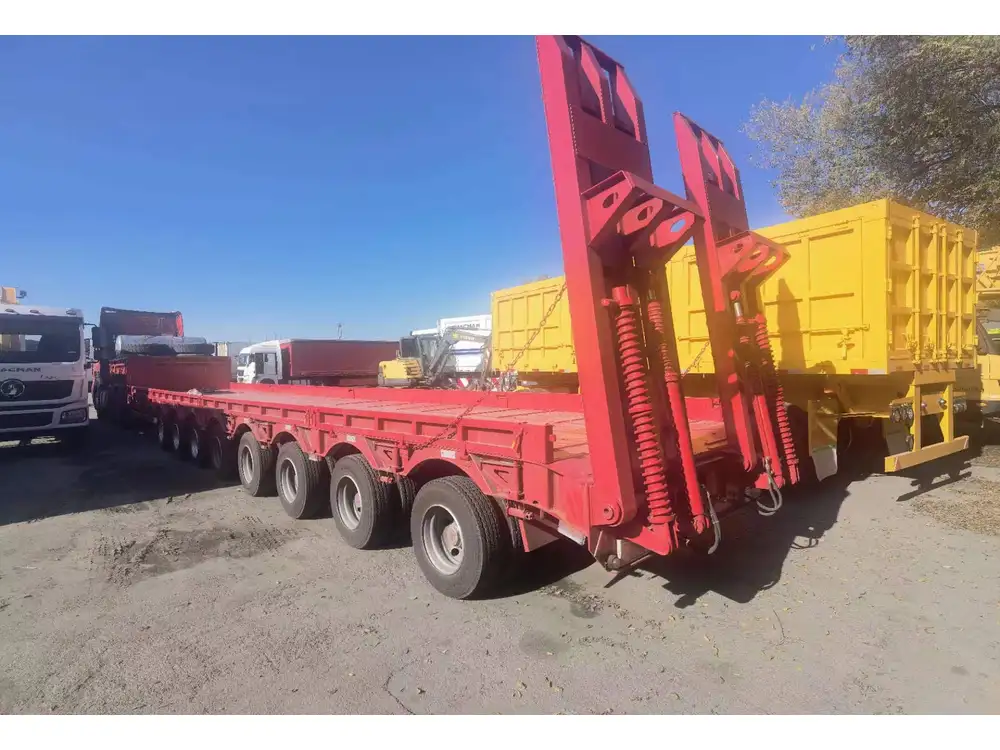
Outdoor Adventures: Boondocking
When boondocking (camping without hookups), the duration your propane lasts can greatly diminish. The self-sufficiency of the trip directly correlates with unfiltered use of appliances. Here’s what typically occurs:
- Regularly boiling water, cooking meals, and using a heater will require you to refill your propane tanks more frequently. Preparation is key here. Knowing your tank sizes and planning your meals in advance can mitigate frequent refills.
RV Parks and Campgrounds
In RV parks or campgrounds with access to electric hookups, the reliance on propane can be significantly reduced. Here are a few benefits to leveraging such amenities:
- Electric Appliances: Switch to electric heating and cooking appliances whenever possible.
- Different Strategies Needed: Balance the use of propane appliances based on the convenience of available electric points.
Maintaining Your Propane System
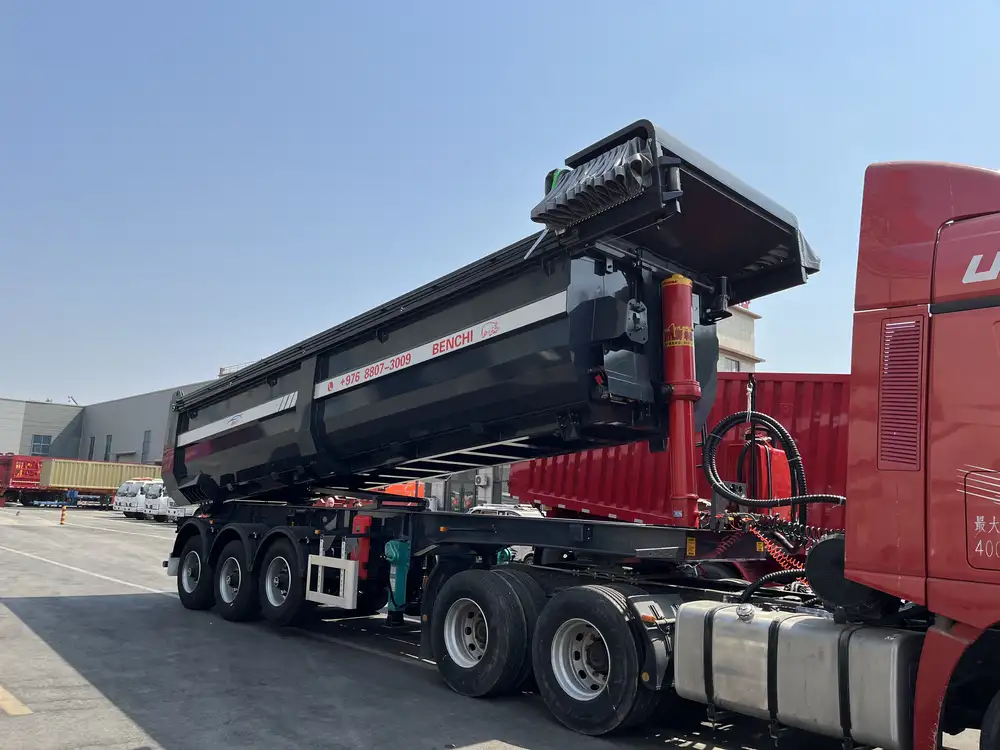
Regular Inspections
Just as careful travelers check their oil or tire pressure, maintaining your propane system is equally important. This includes the following:
- Check for Leaks: Regularly inspect tanks, hoses, and fittings for leaks. Any smell of gas could indicate a serious issue.
- Ensure Proper Ventilation: Make sure your cooking area is well-ventilated to prevent any gas accumulation.
Professional Service
Engaging a qualified professional for periodic checks and service can be invaluable, especially before embarking on long trips.
Preparing for Long Trips

Strategic Packing
When planning for long voyages:
- Double-check Inventory: Make sure to not only assess propane levels but also consider stocking up on additional tanks or a refill option during your journey.
- Know Your Route: Identify gas stations or service locations along your route that provide propane refills.
Efficient Planning
Ensuring that your itinerary accounts for the potential need for refills can greatly reduce anxiety and allow for spontaneous detours along the way.
Conclusion
The duration of how long propane tanks last on a travel trailer is influenced by a myriad of factors ranging from the tank size and type of appliances used to overall usage frequency and ambient conditions. By understanding these variables and employing strategic practices, one can effectively manage propane resources to enhance the overall RV experience. Utilizing the guidelines laid out in this article will help you make informed decisions to ensure comfort and safety on your travels, allowing you to focus on enjoying the journey. Proper planning and consistent monitoring will ultimately maximize the longevity of your propane tanks, making your adventures more enjoyable and less cumbersome.



